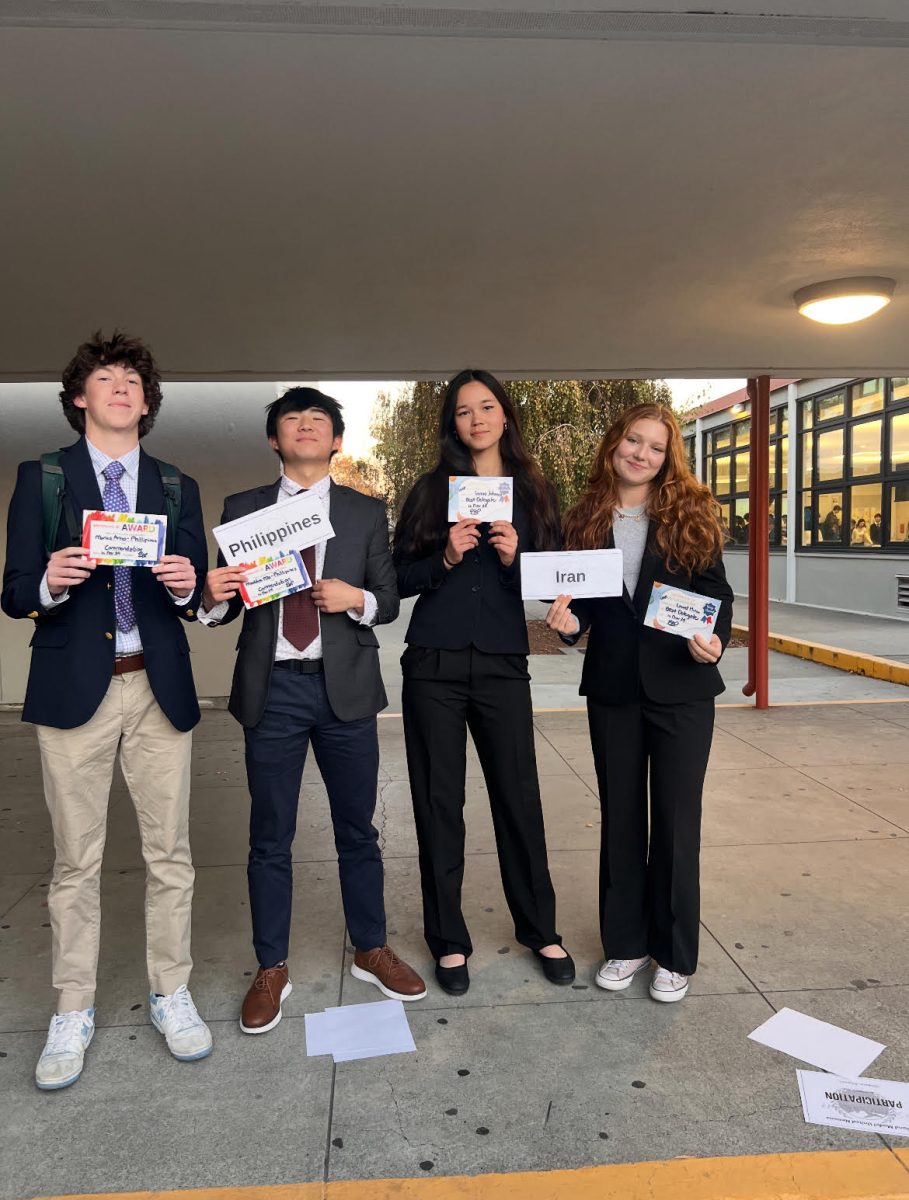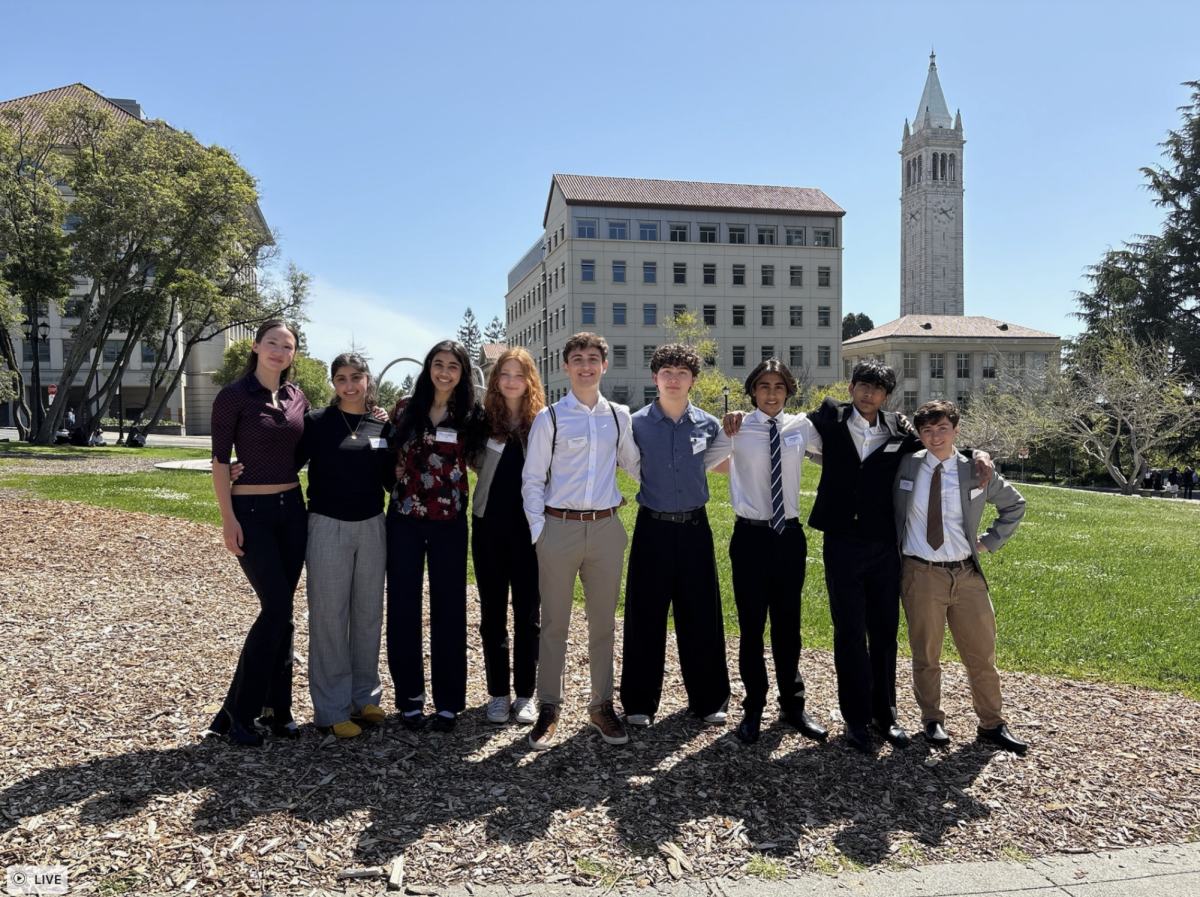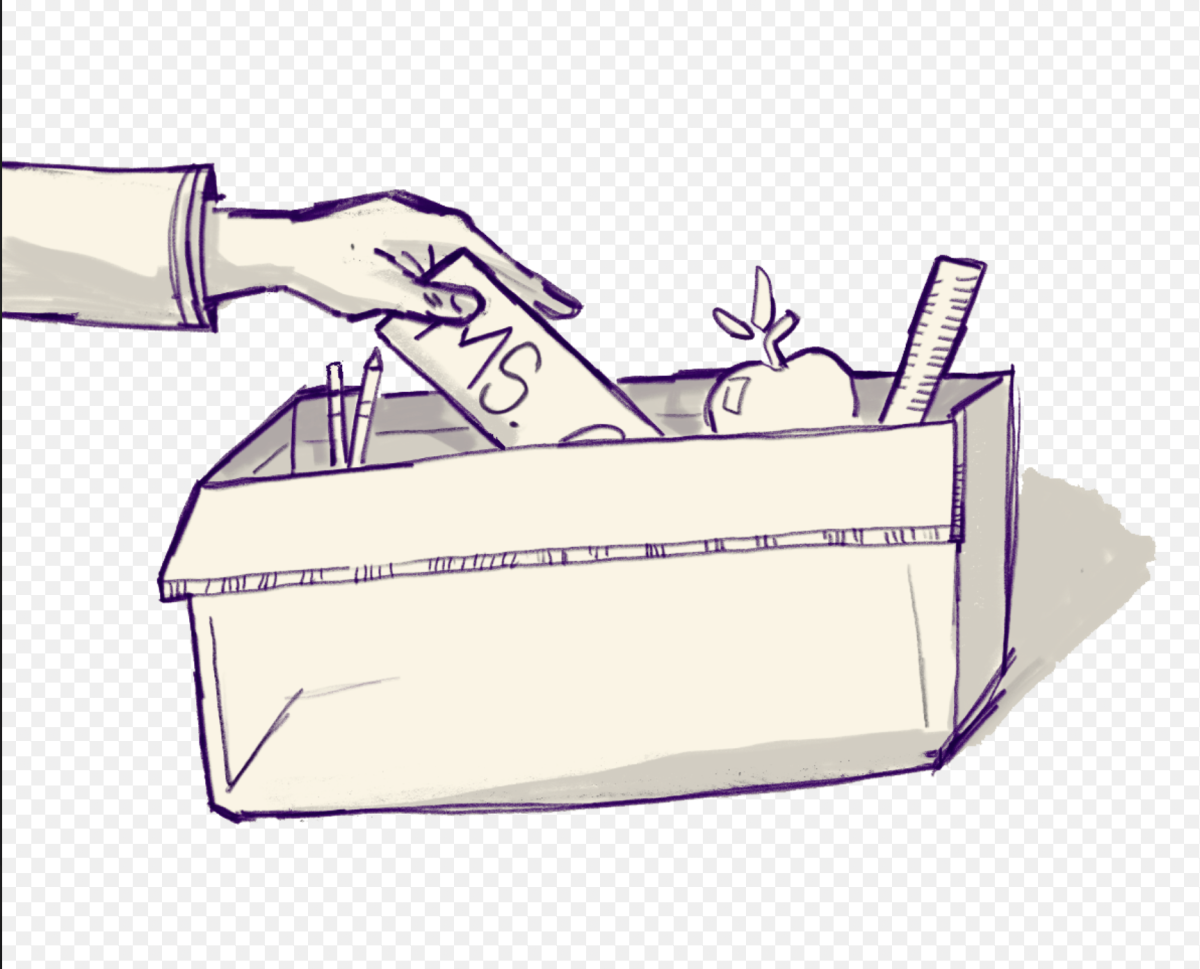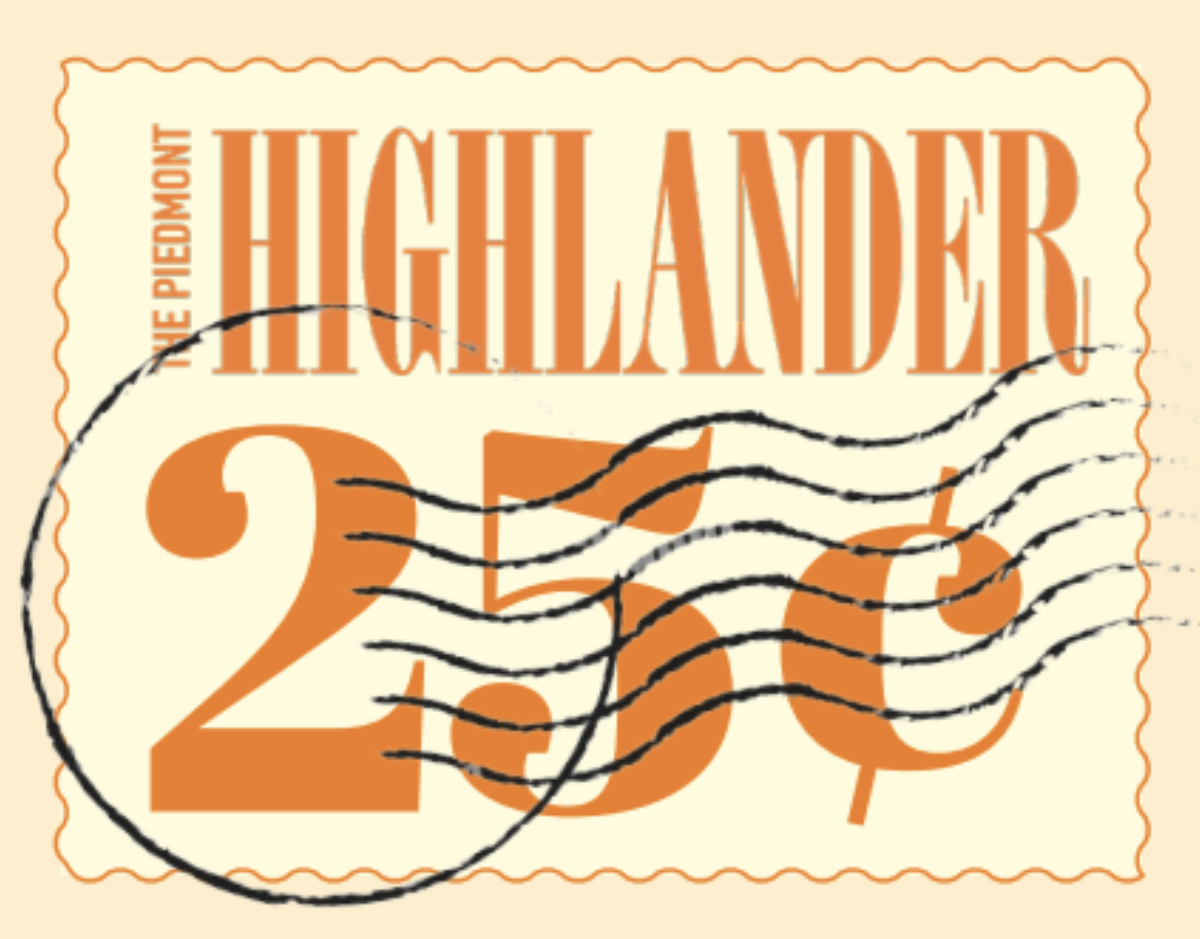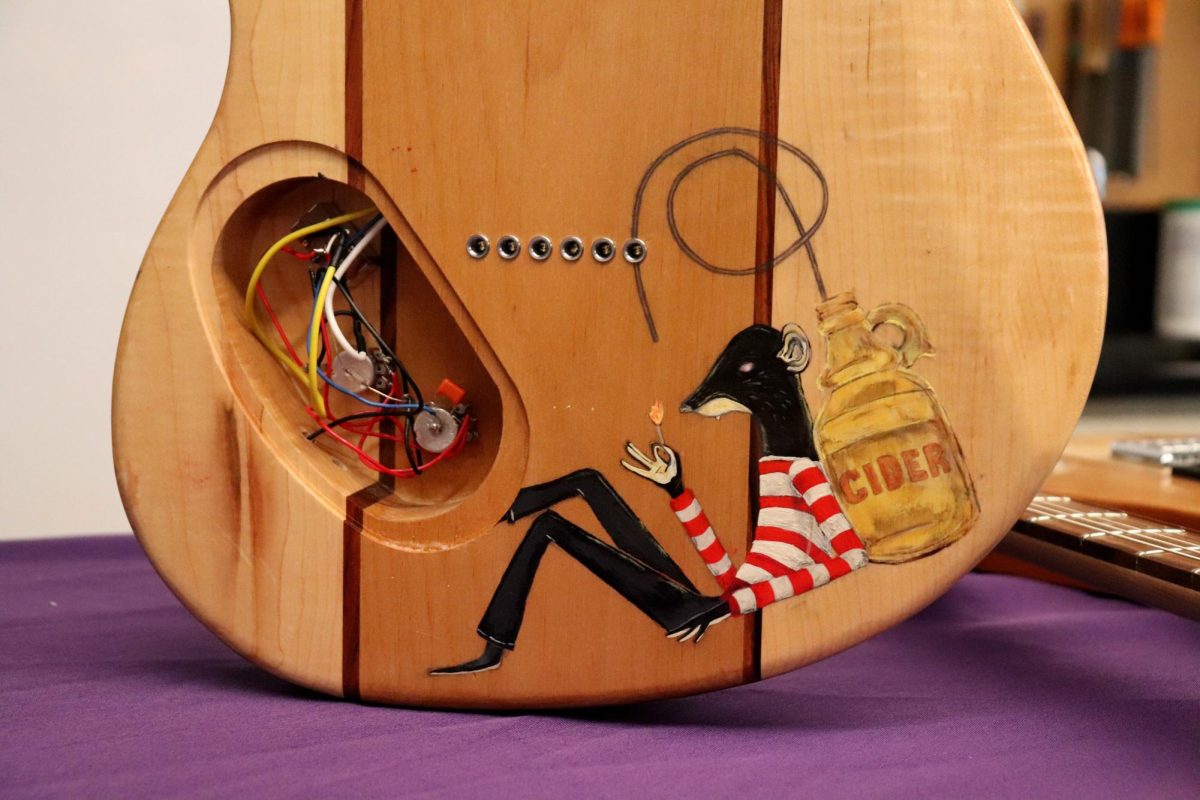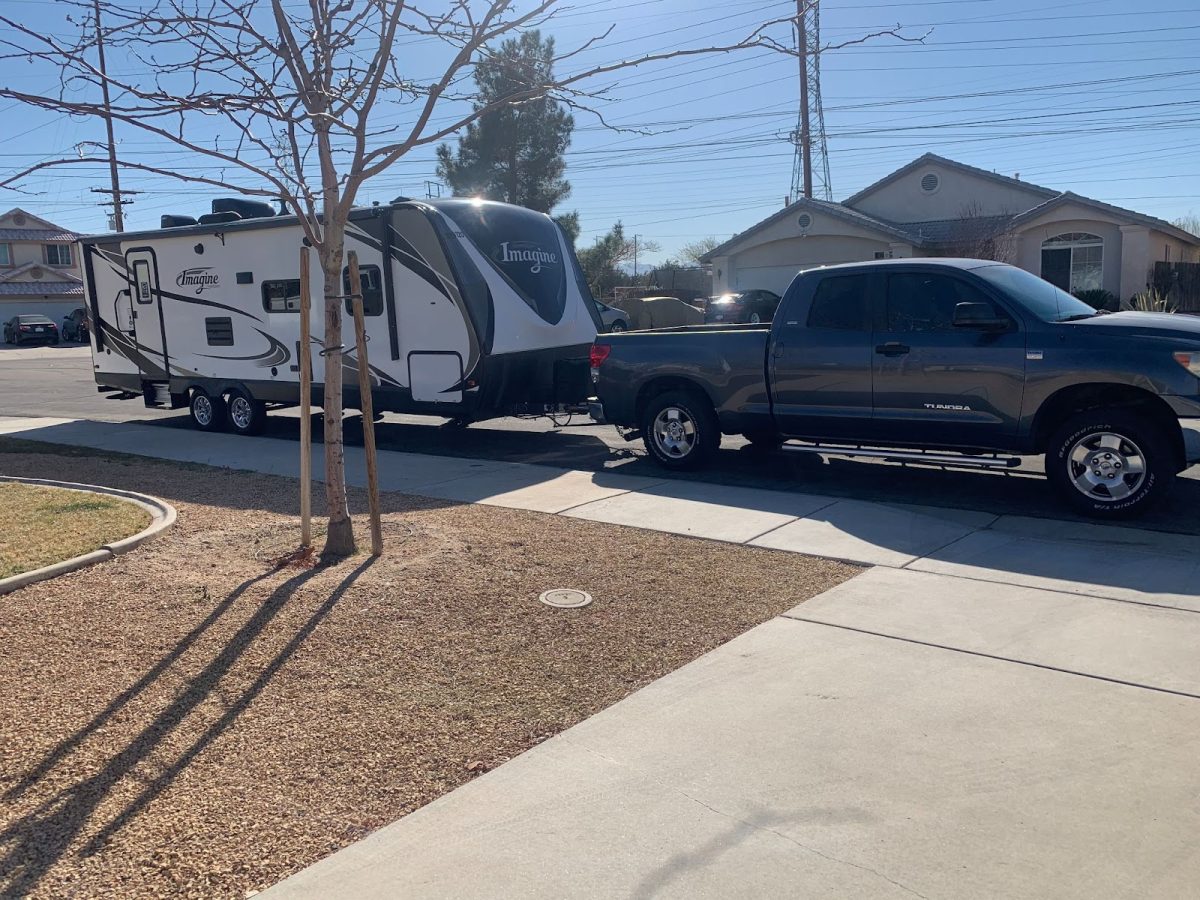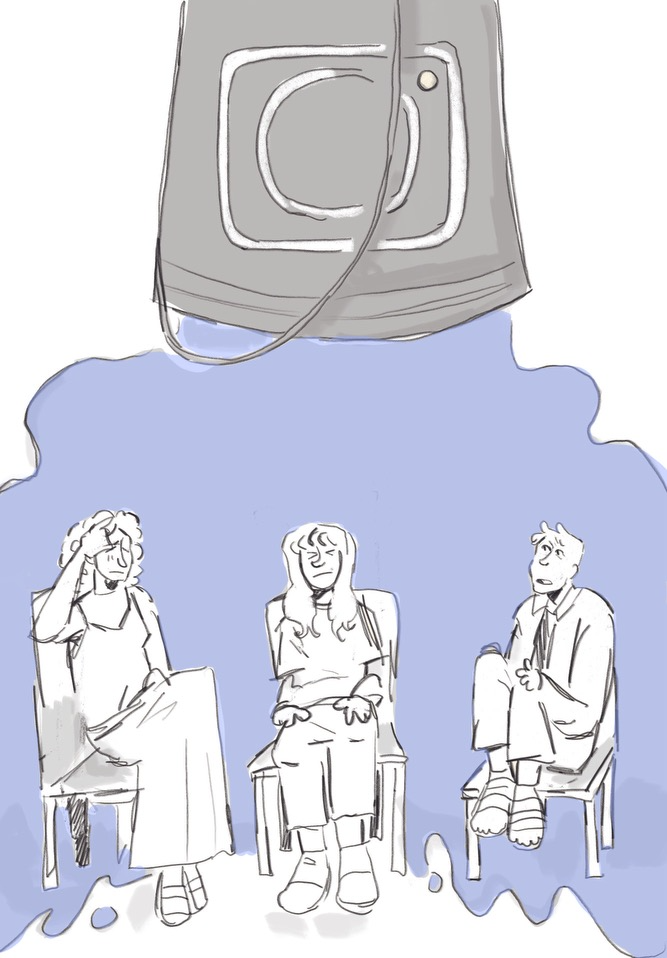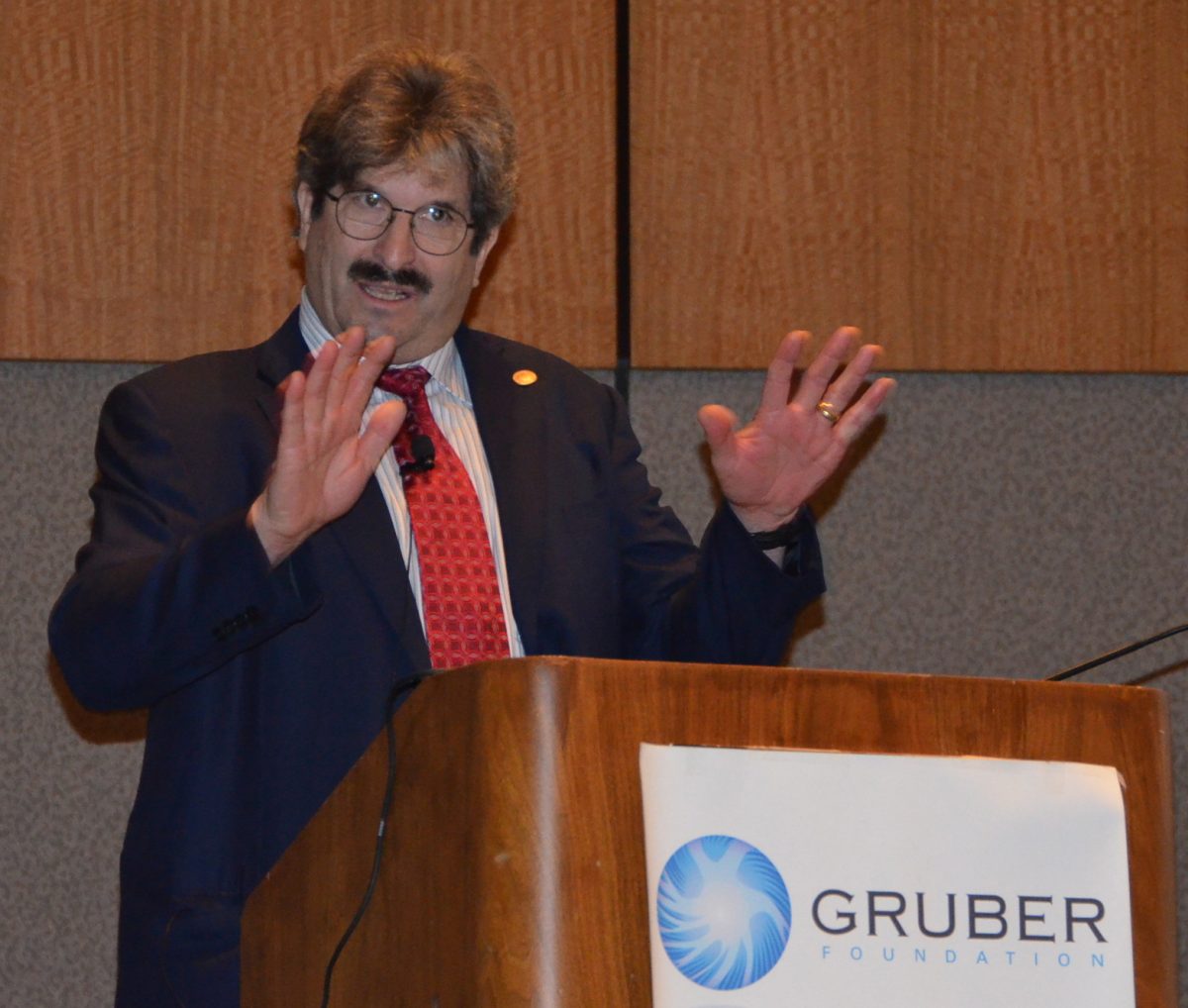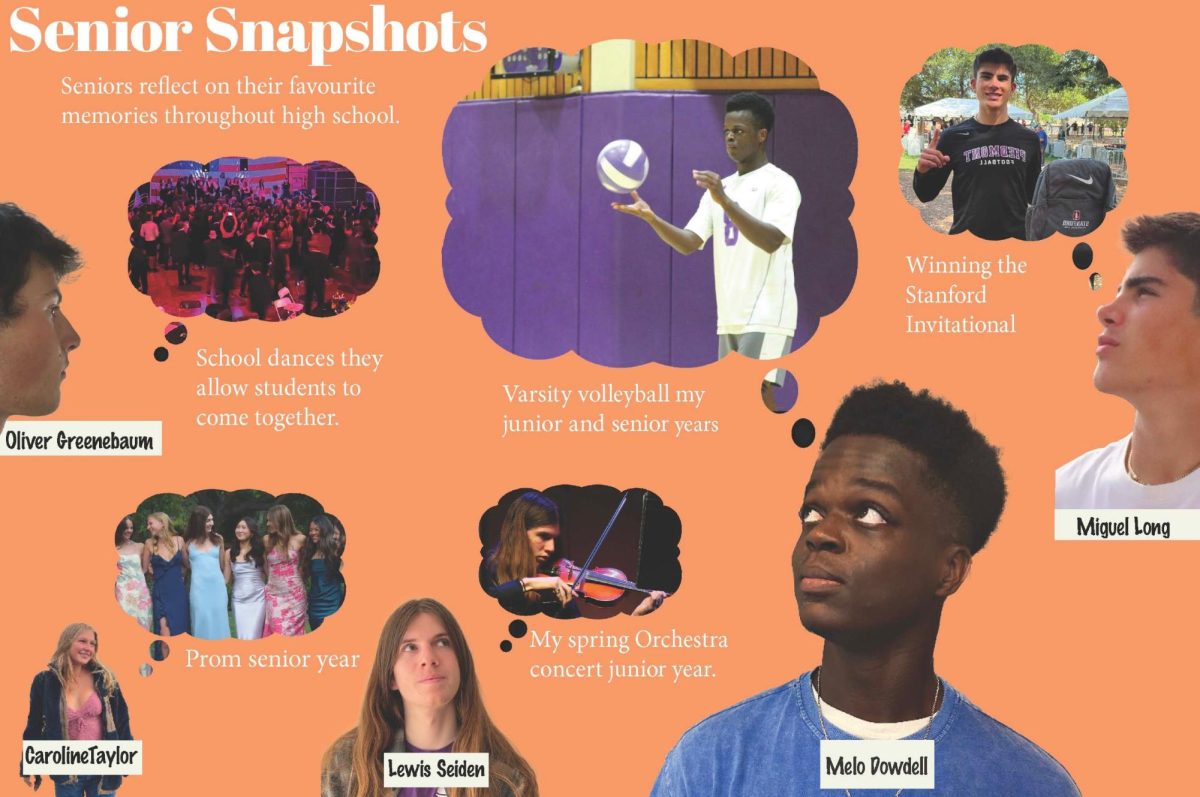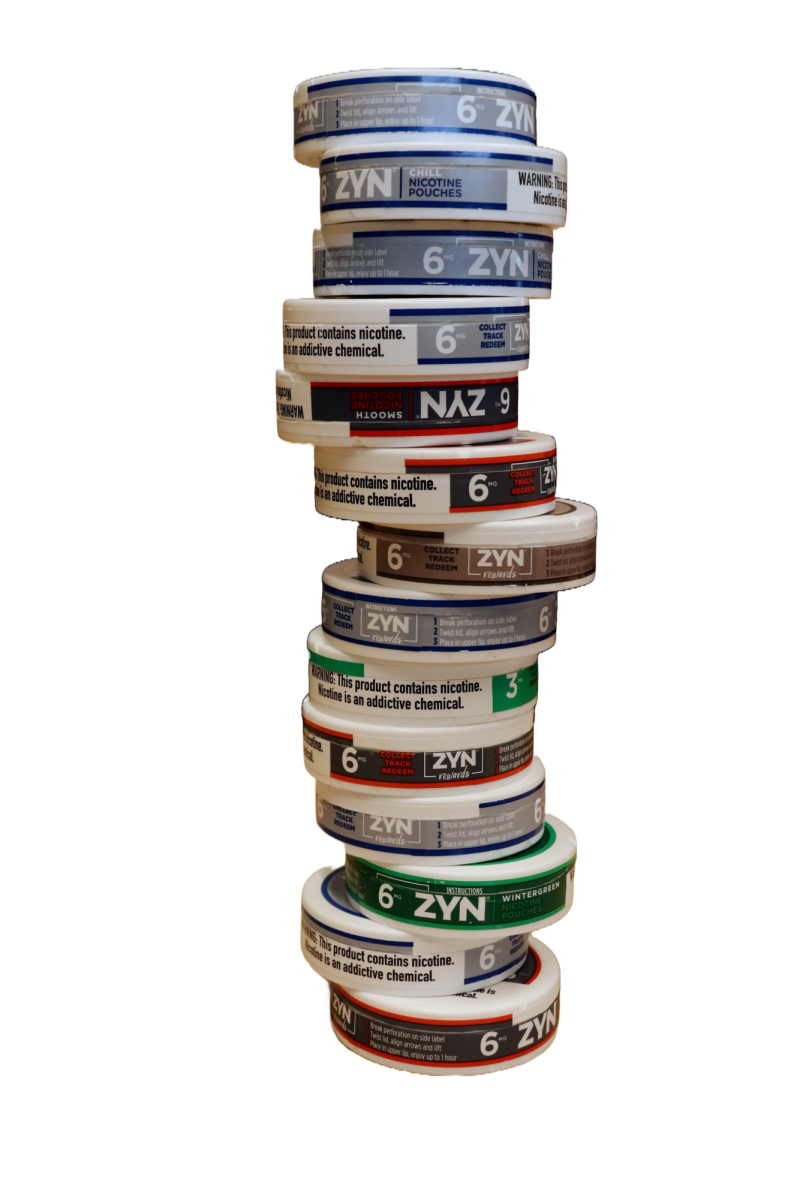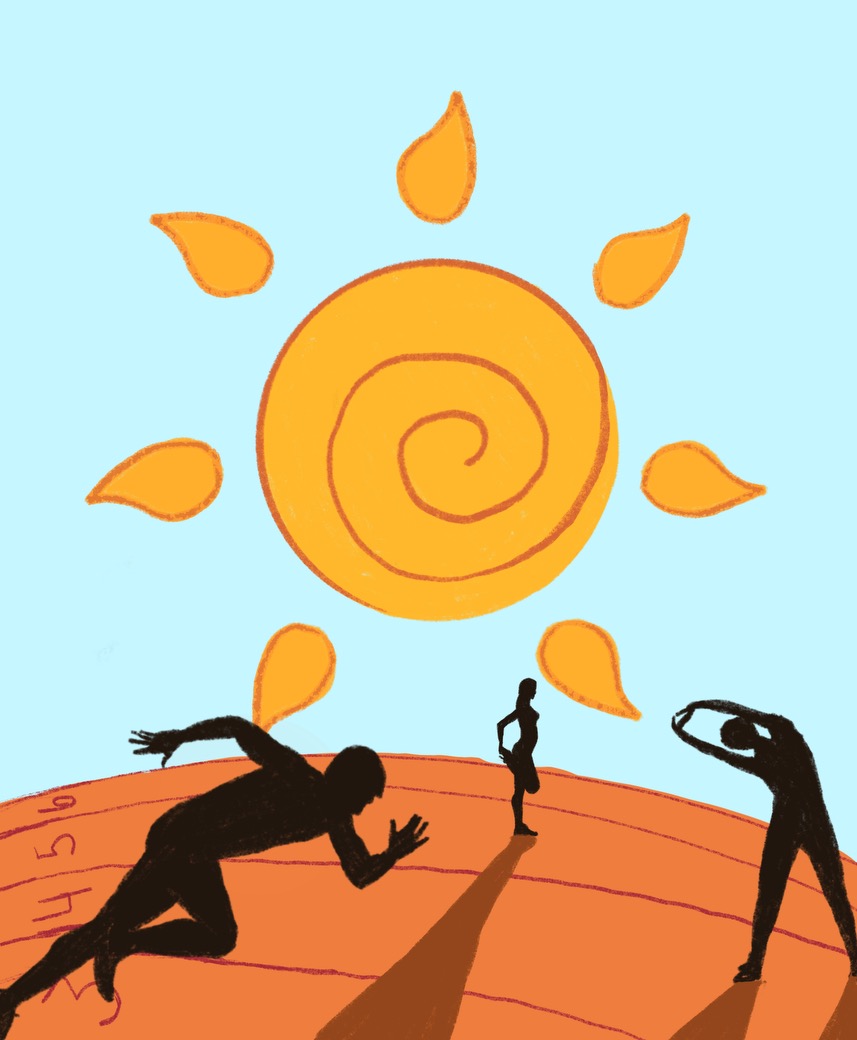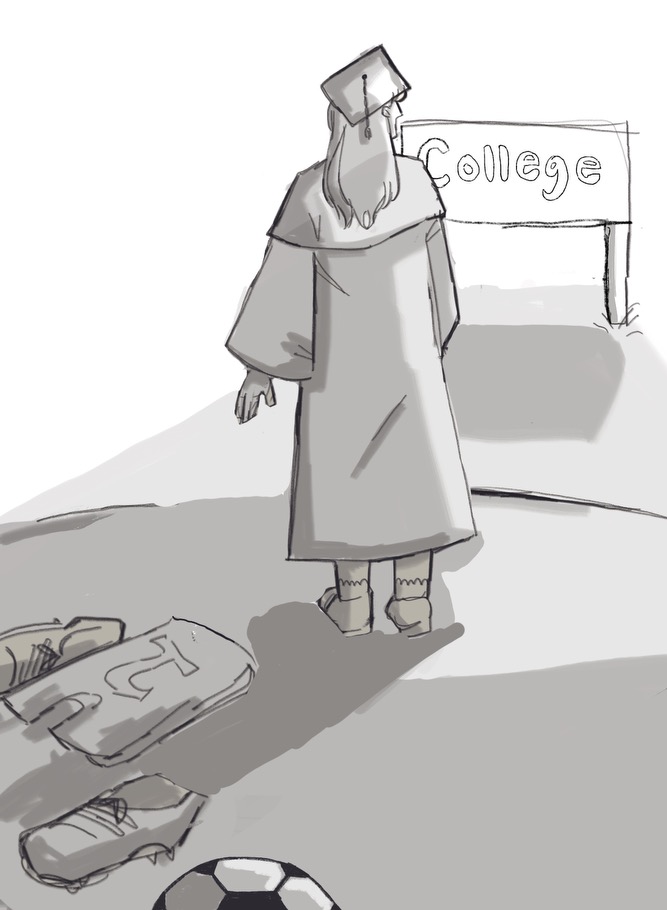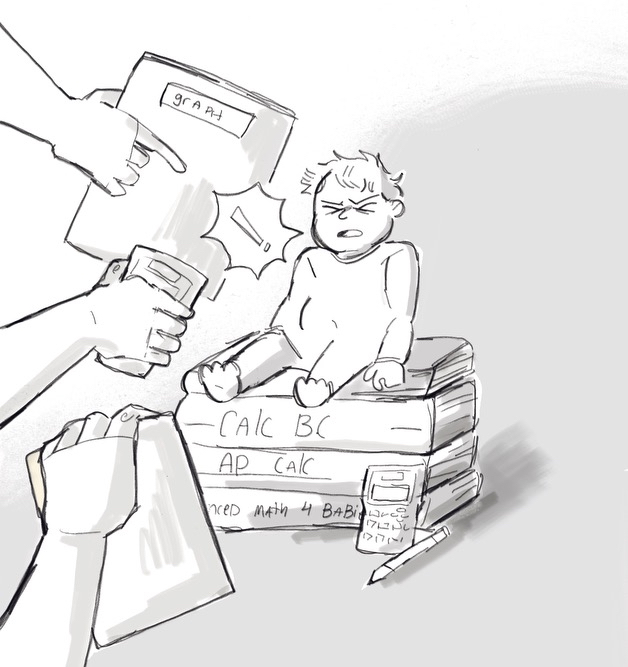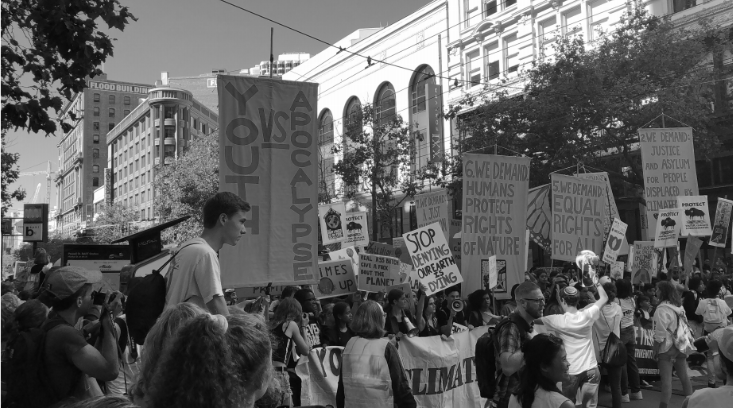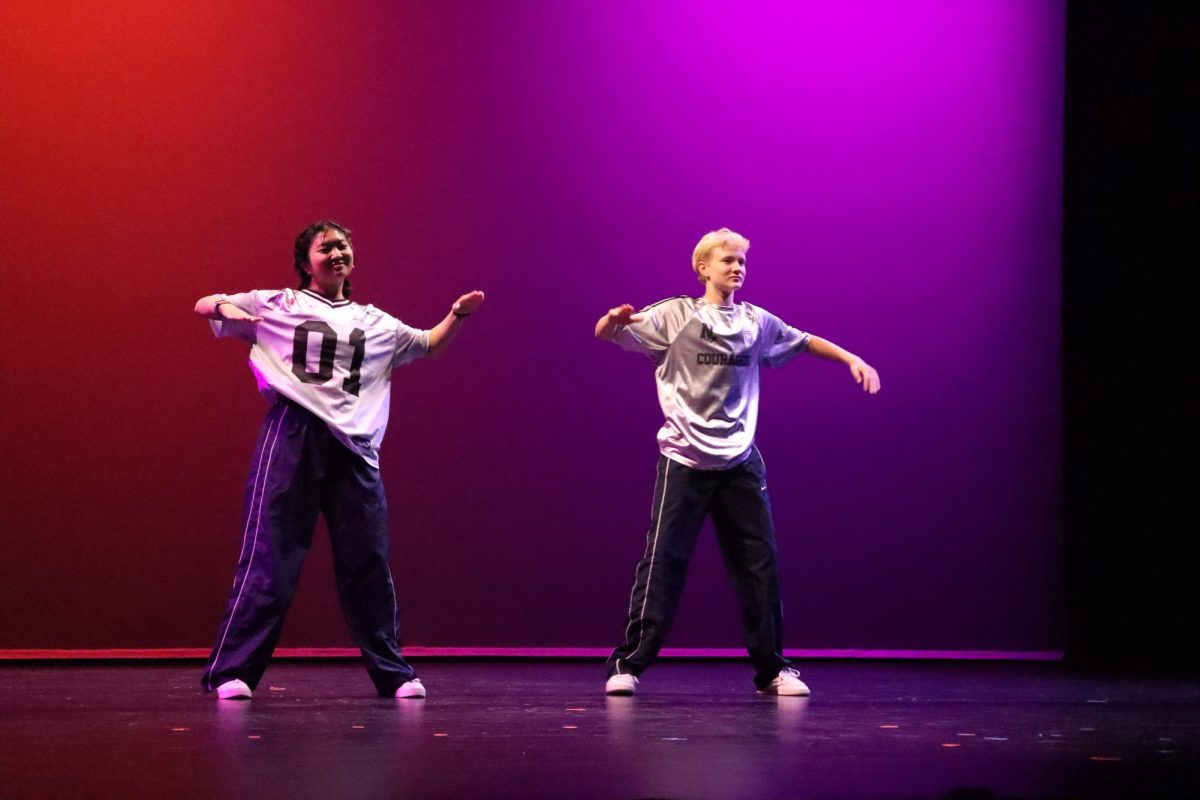The streets ring loud with chanting. The activists, mostly young, beat their fists in the air. They hold signs etched with desperate messages, imploring the government to take the issue of climate change seriously. Among the marchers are PHS Civics students.
“The goal of the civics Action Project [for social studies teacher Dave Keller’s class] is to get [students] involved in the government somehow,” senior Jaden Ferraro said.
Students have been working on the semester-long project since September, when they chose the current issue they wished to pursue, according to a handout given by social studies teacher Todd Berry.
“For mine, I went to a school board education meeting,” senior Nick Lalli said. “Then I had to write up a reflection.”
Ferraro said that the project forces kids to learn outside the classroom and to interact with entities such as local government.
“A third of the class goes to a city council meeting [to meet that requirement for their project],” Ferraro said.
Civics is not the only class with projects that encourage students to gain knowledge and experience outside the classroom. Honors Physics has a similar assignment.
“Our service-learning project is a big assessment in which we use conceptual physics knowledge to create some sort of program that will serve the community in some way,” senior Ani Feinberg said. “It has to be related to physics and science.”
Feinberg said that the class was given some basic guidelines, but students are mostly able to choose their project on their own.
“There are these things called UV beads, and you make them into bracelets that change colors because of the UV rays from the sun,” Feinberg said. “So our group is going to go to some public schools in Oakland and work with the younger grades to help them through the beading project, and then give them a lesson on why the beads change colors.”
Many of the other science classes at PHS, like AP Environmental Science, have also introduced projects to address climate change, senior Jared Tsukahara said.
“We are going around to individual households, trying to get them to sign up for the Piedmont Climate Challenge that Piedmont is participating in,” Tsukahara said.
According to the Piedmont Climate Challenge website, the challenge consists of a wide variety of potential actions focused around helping the environment, including the installation of solar panels and the transition to electric powered cars.
“Basically, what we are trying to do is get every household to reduce their carbon emissions by 5,000 pounds,” Tsukahara said.
Tsukahara said many aspects of the class are centered around this increased awareness of the effects of climate change.
“A lot of the material we focus on is centered around climate change,” Tsukahara said. “You know, informing ourselves about it, learning how it works and what we can do to prevent it.”
One of the best parts of the class is learning about how climate change impacts people, Tsukahara said.
“I think it’s pretty interesting learning about how climate change affects all of us, in every aspect of our lives,” Tsukahara said. “In the next couple of decades, we are going to see a severe change in weather patterns and stuff like that.”
Tsukahara said that it is the people rather than the government driving a lot of this newfound action around climate change.
“The reason the Piedmont Climate Challenge is happening is because people decided that the government wasn’t really going to do anything about [climate change],” Tsukahara said. “It was actually started by some people down in Palo Alto, and now the challenge is in a couple of cities in the Bay Area.”
Tsukahara said that the class as a whole seems passionate about the project.
“A lot of people are really interested in trying to make a difference,” Tsukahara said.
